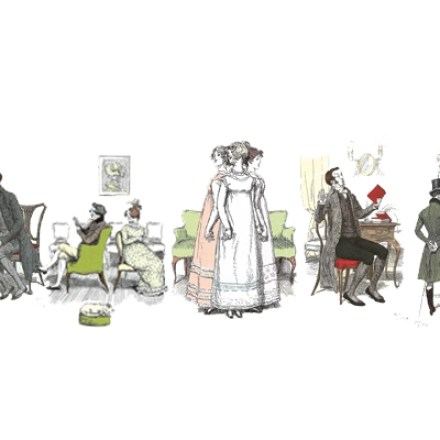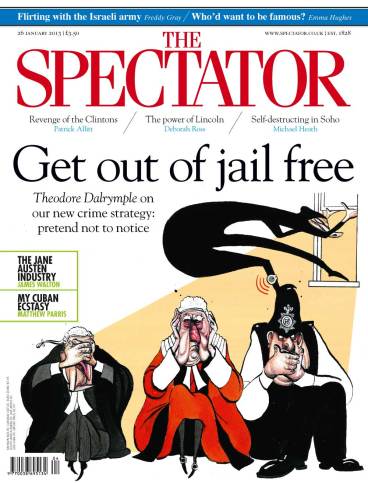Whatever happened to dear Aunt Jane?
In 1818, an unknown critic in Blackwood’s Edinburgh Magazine went out on something of a limb. One day, he claimed, Jane Austen would be among the most popular of English novelists. By the middle of the century, with George Henry Lewes complaining that she’d been unjustly forgotten, this claim must have seemed even more unlikely







